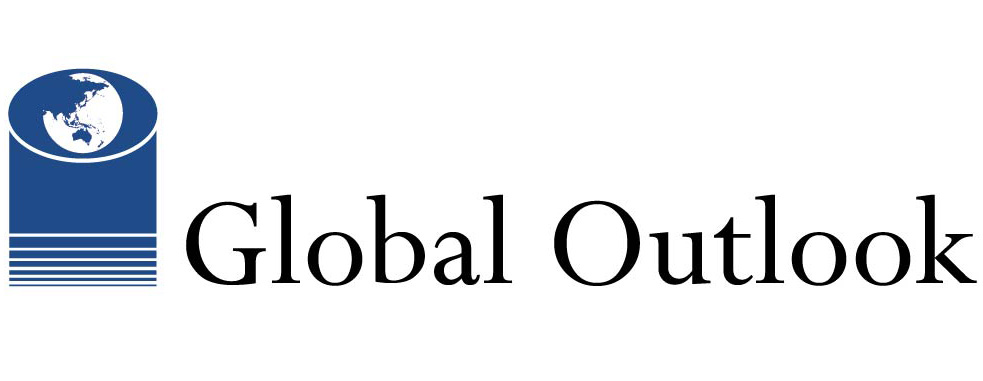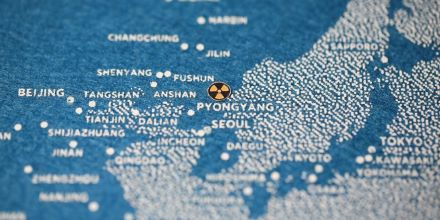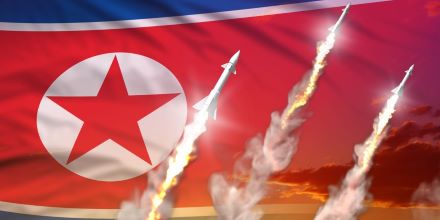
Curated expert opinion on intractable contemporary issues
Global Outlook: Cooperative Security, Arms Control and Disarmament
Why New Zealand Should Back India’s Bid to Join the Nuclear Suppliers Group
By Ramesh Thakur | 14 December, 2022
India has long been interested in joining the Nuclear Suppliers Group (NSG) that was established in 1975, after India’s ‘peaceful nuclear explosion’ in the previous year, to prevent misuses of transferred nuclear technology and materials. In 2008, the NSG controversially decided to grant India a ‘clean waiver’ from its strict rules linked to the Nuclear Non-Proliferation Treaty (NPT).
Should the Outcast be Recognised?
By Herbert Wulf | 10 November, 2022
It's time to face reality and acknowledge that North Korea has operational nuclear weapons. Should the international community (or at least South Korea and the US as Seoul's close ally) recognise North Korea as a nuclear power?
What's Next in the Ukraine War?
By Herbert Wulf | 14 October, 2022
In order to find an answer to the difficult question about the future of Ukraine, it is worth analysing the two extreme and polarised positions currently propagated in Western Europe. On the one hand, there are those who want to provide Ukraine with more and unrestricted support, especially military aid. And on the other hand, there are those who argue that further arms deliveries to Ukraine only prolong the war. This will cost more lives.
Possible Deployment of North Korea's Nuclear Weapons: "Automatically and Immediately"
By Herbert Wulf | 17 September, 2022
In the shadow of the Ukraine war and the extraordinary media attention, the conflict over North Korea's nuclear ambitions is currently receding into the background. For years, the government in Pyongyang has been continuously advancing its program. After numerous missile tests earlier this year, according to the English-language state news agency KCNA, the Supreme People's Assembly passed a law on September 8, "On Policy of the Nuclear Force of DPRK".
Gorbachev Changed the World
By Ramesh Thakur | 04 September, 2022
Mikhail Sergeyevich Gorbachev (1931–2022) was revered abroad for having ended the Cold War without a shot fired as Warsaw Pact countries regained independence, the Berlin Wall came tumbling down and Germany was reunified in 1989–90. Soviet forces left Afghanistan. He reversed the arms race and dismantled tens of thousands of nuclear weapons.
Putin's War Will End Eventually – Five Points We Should Prepare For
By Tobias Debiel | 17 August, 2022
It is not only the war in Ukraine that is deadlocked. There is hardly any movement on the political-diplomatic front either. At the same time, however, some cornerstones for negotiations can be identified. The public debate should pay more attention to it.
The views and opinions expressed in Global Outlook are those of the authors and do not necessarily reflect the official policy or position of Toda Peace Institute.
Why New Zealand Should Back India’s Bid to Join the Nuclear Suppliers Group
By Ramesh Thakur | 14 December, 2022
India has long been interested in joining the Nuclear Suppliers Group (NSG) that was established in 1975, after India’s ‘peaceful nuclear explosion’ in the previous year, to prevent misuses of transferred nuclear technology and materials. In 2008, the NSG controversially decided to grant India a ‘clean waiver’ from its strict rules linked to the Nuclear Non-Proliferation Treaty (NPT).
Should the Outcast be Recognised?
By Herbert Wulf | 10 November, 2022
It's time to face reality and acknowledge that North Korea has operational nuclear weapons. Should the international community (or at least South Korea and the US as Seoul's close ally) recognise North Korea as a nuclear power?
What's Next in the Ukraine War?
By Herbert Wulf | 14 October, 2022
In order to find an answer to the difficult question about the future of Ukraine, it is worth analysing the two extreme and polarised positions currently propagated in Western Europe. On the one hand, there are those who want to provide Ukraine with more and unrestricted support, especially military aid. And on the other hand, there are those who argue that further arms deliveries to Ukraine only prolong the war. This will cost more lives.
Possible Deployment of North Korea's Nuclear Weapons: "Automatically and Immediately"
By Herbert Wulf | 17 September, 2022
In the shadow of the Ukraine war and the extraordinary media attention, the conflict over North Korea's nuclear ambitions is currently receding into the background. For years, the government in Pyongyang has been continuously advancing its program. After numerous missile tests earlier this year, according to the English-language state news agency KCNA, the Supreme People's Assembly passed a law on September 8, "On Policy of the Nuclear Force of DPRK".
Gorbachev Changed the World
By Ramesh Thakur | 04 September, 2022
Mikhail Sergeyevich Gorbachev (1931–2022) was revered abroad for having ended the Cold War without a shot fired as Warsaw Pact countries regained independence, the Berlin Wall came tumbling down and Germany was reunified in 1989–90. Soviet forces left Afghanistan. He reversed the arms race and dismantled tens of thousands of nuclear weapons.
Putin's War Will End Eventually – Five Points We Should Prepare For
By Tobias Debiel | 17 August, 2022
It is not only the war in Ukraine that is deadlocked. There is hardly any movement on the political-diplomatic front either. At the same time, however, some cornerstones for negotiations can be identified. The public debate should pay more attention to it.
The views and opinions expressed in Global Outlook are those of the authors and do not necessarily reflect the official policy or position of Toda Peace Institute.





